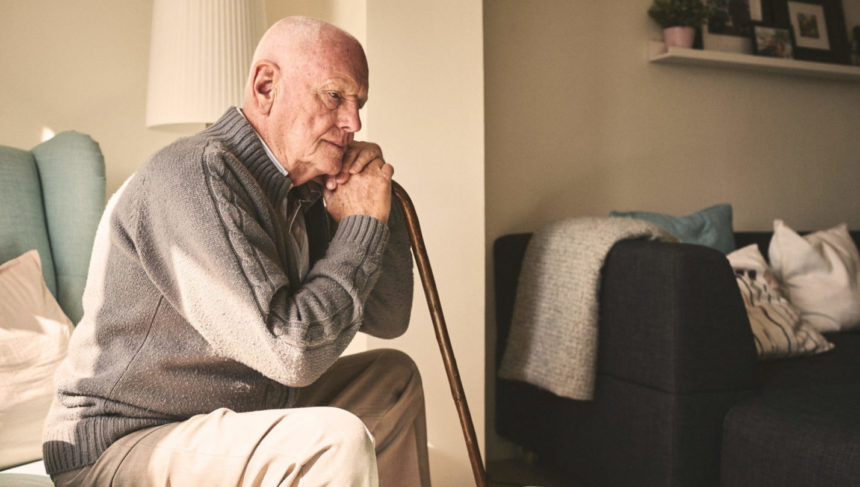
Social isolation not only contributes to memory loss in older age, but affects men and women differently, according to a new study.
Investigators reviewed data from more than 6,000 women and 5,000 men over the age of 50. Using a statistical model to analyze changes over time, they were able to establish that isolation precedes memory loss – not the other way around. Clinicians should take note, wrote lead author Sanna Read, Ph.D., from the London School of Economics.
In men, high levels of social isolation resulted in memory decline. In fact, men who were highly isolated had an 18% memory decline over two years compared to a 6% decline among men with an average score. For women, it was not overall lack of social contact, but increases in isolation that had the greatest impact over time, the researchers found.
On a positive note, the study suggests that improvements can be made by simply improving the frequency of social contact, said Read.
“[W]hen dealing with an older person who is worried about their memory, it’s easy for a doctor to ask a patient how often they see other people as part of their daily lives,” she suggested. “This information could be useful for a ‘social prescription’ to tackle isolation.”
Notably, the number of men who were highly isolated was low. This is most likely due to the fact that men are more likely to live with a partner, and that women live longer, the researchers concluded.
The findings were published in Journals of Gerontology.




